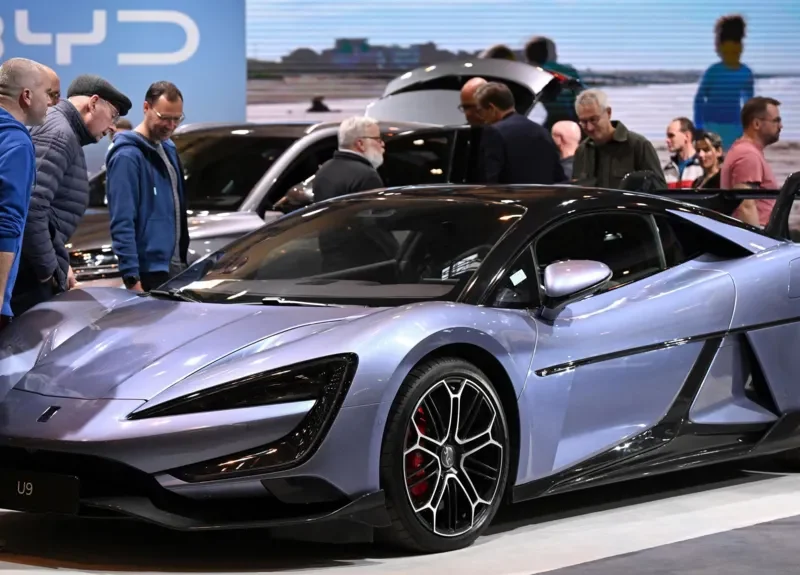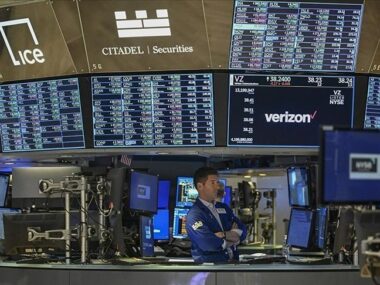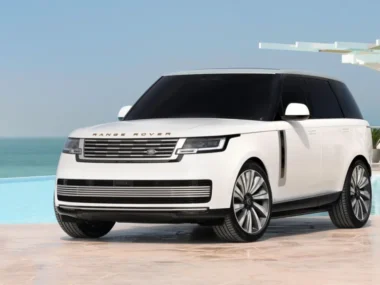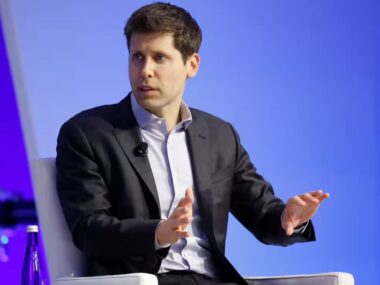Chinese automaker BYD saw a significant increase in sales at the close of last year, intensifying its competition with Tesla for the title of the top-selling electric vehicle (EV) maker globally in 2024.
BYD reported selling 207,734 EVs in December, bringing its annual total to 1.76 million, boosted by subsidies and discounts that attracted more customers.
Tesla, set to release its quarterly sales numbers soon, held a slight lead over BYD in the previous quarter, but the Shenzhen-based company has been closing the gap. BYD’s overall vehicle sales surged by more than 41% year-on-year in 2024, primarily driven by hybrid car sales.
The company has benefited from rising car sales in China, where fierce competition has lowered prices and government incentives have encouraged consumers to switch to EVs or more fuel-efficient vehicles. BYD sells 90% of its cars in China, where it has been gaining ground against foreign brands such as Volkswagen and Toyota.
The rise of BYD and other Chinese EV manufacturers contrasts with the struggles of some traditional automakers, who have faced challenges in major Western markets. For example, Honda and Nissan recently announced merger talks to address competition from Chinese manufacturers.
Volkswagen reached an agreement with the IG Metall trade union in December to avoid plant closures in Germany, while Stellantis’ CEO, Carlos Tavares, resigned abruptly after a boardroom dispute.
BYD’s revenues grew significantly in the third quarter of 2024, surpassing Tesla’s for the first time. BYD posted over 200 billion yuan ($28.2 billion) in revenues from July to September, a 24% increase from the previous year, outpacing Tesla’s $25.2 billion in revenue for the same period. However, Tesla still sold more EVs than BYD.
Despite efforts to expand into international markets, Chinese car manufacturers like BYD have faced resistance. In October, the European Union imposed tariffs of up to 45.3% on Chinese-made EVs, and the US has enacted a 100% duty on Chinese EV imports.
BYD has also been growing its presence in emerging markets, though it faced a setback in Brazil, its largest overseas market, when authorities halted the construction of a BYD factory due to worker conditions deemed akin to “slavery.” BYD responded by severing ties with the construction company involved and reaffirming its commitment to complying with Brazilian laws.











